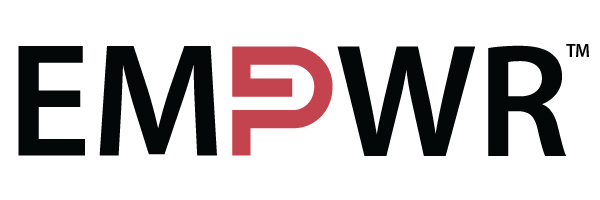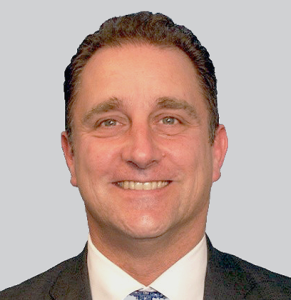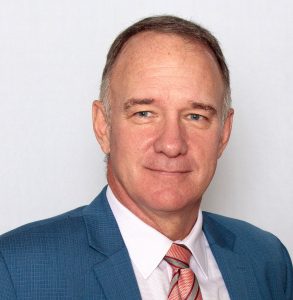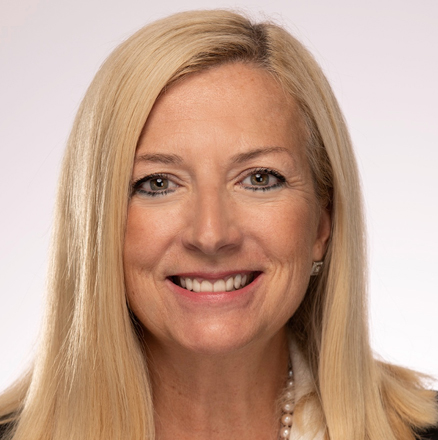Emerge
Investment Objective
The investment objective of Emerge EMPWR Unified Sustainable Equity ETF is to seek long-term growth of capital.
Fund Description
The Fund is structured as a multi-manager fund (meaning the Fund’s assets are managed by multiple sub-advisors) and the Fund’s investment manager, Emerge, has overall responsibility for the Fund’s investments.
The Fund’s multi-manager structure combines a select set of Emerge’s EMPWR equity investment managers to produce a portfolio consisting of the securities of the following individual strategies employed by each sub-advisor:
- Dividend yield
- Equity growth
- Global core
- Emerging markets.
About Our Sub Advisor
Emerge has unified the EMPWR Portfolio managers to bring you all of the talents in one combined ETF.
The Emerge EMPWR Unified Sustainability Equity ETF is comprised of different sub-advisors including but not limited to:
 |
Catherine Avery, CEO/CIO, Catherine Avery Investment Management |
Click here to learn more about our commitment to women in portfolio management.
Commitment to Sustainability
Investing in forward-thinking companies is a part of our core philosophy and product offering. We believe that the future of innovative products and services will be greatly influenced by global sustainability issues and the risk associated with them. Thus, investment managers that effectively assess environmental, social, and government “ESG” factors are more likely to generate sustained performance, while having a positive impact the society.
At Emerge, our focus on environment social, and corporate governance is centered around four broad base categories:
All Sustainability-related investment decisions made by Emerge are discussed by the Sustainability committee and documented in a report. Should Emerge decide to divest a company that has been identified, the divestiture will be done in an orderly manner; within a 90-day period
Top 10 Holdings
As of July 31st, 2023
Geographic Allocation
As of July 31st, 2023
- Americas 84.5%
- Europe 11.2%
- Asia 1.6%
- UK 1.3%
- Africa 0.0%
- Asia-Pacific 0.0%
Market Cap
As of July 31st, 2023
- Micro 0.0%
- Small 2.9%
- Medium 5.3%
- Large 36.9%
- Giant 53.4%
Before investing, you should carefully consider the ETF’s investment objectives, strategies, risks, charges and expenses. This and other information are in the prospectus, which may be obtained by visiting www.emergecm.ca. Please read the prospectus carefully before you invest.
ESG Risk. Because the Funds evaluate ESG factors to assess and exclude certain investments for non-financial reasons, the Funds may forego some market opportunities available to funds that do not use these ESG factors. Information used by the Funds to evaluate ESG factors, including data provided by third-party vendors, may not be readily available, complete or accurate, and may vary across providers and issuers and within industries, which could negatively impact the Funds’ ability to apply its methodology and in turn could negatively impact the Funds’ performance. Currently, there is a lack of common industry standards relating to the development and application of ESG criteria which may make it difficult to compare the Funds’ principal investment strategies with the investment strategies of other funds that apply certain ESG criteria or that use a different third-party vendor for ESG data. In addition, the Funds’ assessment of a company may differ from that of other funds or an investor. As a result, the companies deemed eligible for inclusion in the Funds’ portfolios may not reflect the beliefs or values of any particular investor and may not be deemed to exhibit positive or favorable ESG characteristics if different metrics were used to evaluate them. Regulatory changes or interpretations regarding the definitions and/or use of ESG criteria could have a material adverse effect on the Funds’ ability to invest in accordance with its investment policies and/or achieve their investment objective.
MSCI EMERGING MARKETS INDEX – The MSCI Emerging Markets Index captures large and mid cap representation across 24 Emerging Markets (EM) countries*. With 1,382 constituents, the index covers approximately 85% of the free float-adjusted market capitalization in each country. It is not possible to invest directly in an index. RUSSELL 3000 – The Russell 3000 Index is a market-capitalization-weighted equity index maintained by FTSE Russell that provides exposure to the entire U.S. stock market. The index tracks the performance of the 3,000 largest U.S.-traded stocks, which represent about 97% of all U.S.-incorporated equity securities. It is not possible to invest directly in an index. RUSSELL 1000 VALUE – The Russell 1000? Value Index measures the performance of the largecap value segment of the US equity universe. It is not possible to invest directly in an index. MSCI ACWI – The MSCI ACWI Index is designed to represent performance of the full opportunity set of large- and mid-cap stocks across 23 developed and 24 emerging markets It is not possible to invest directly in an index.

















